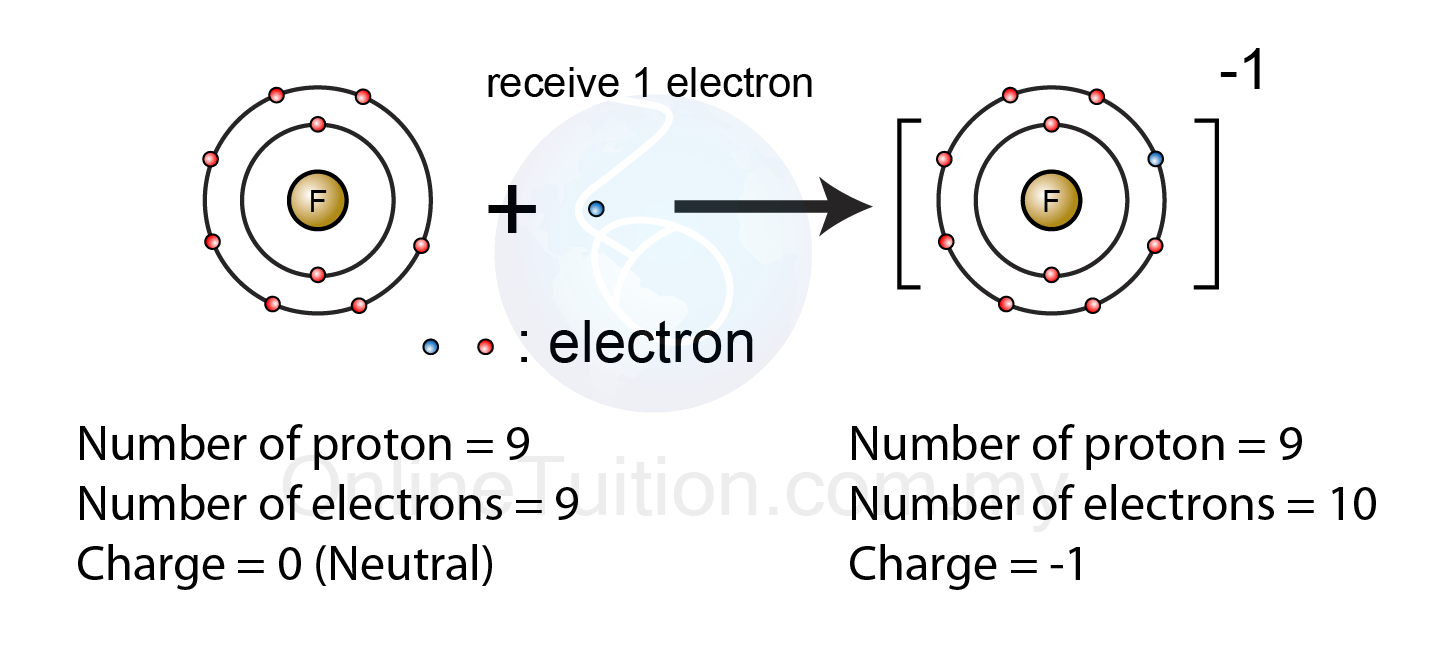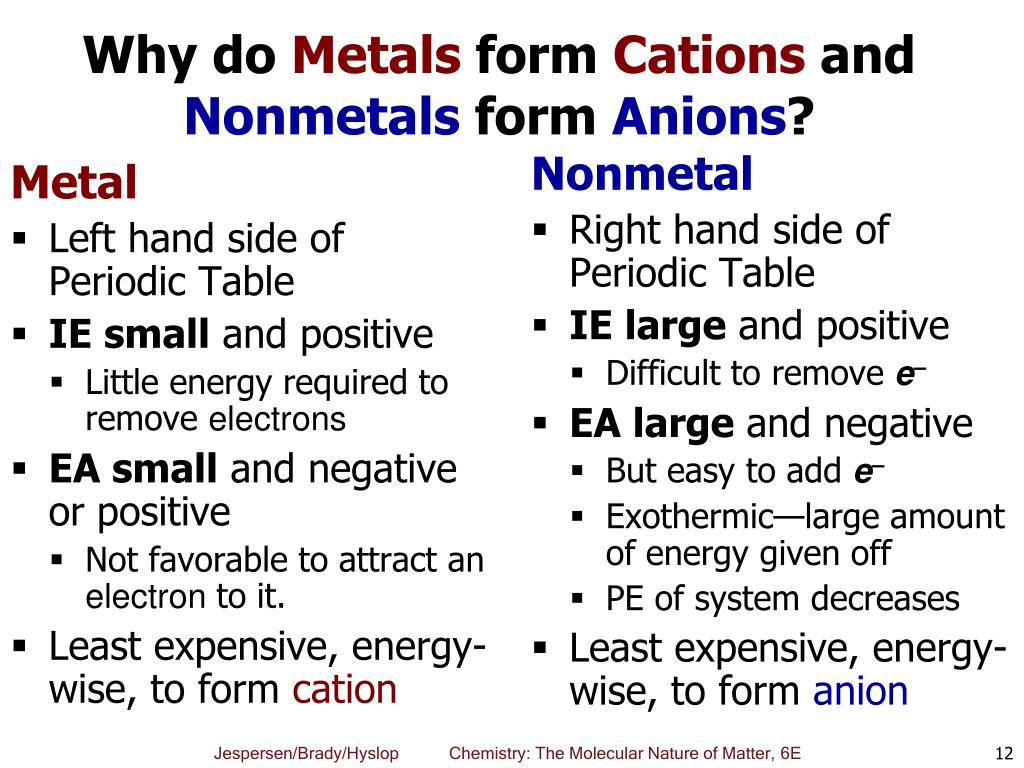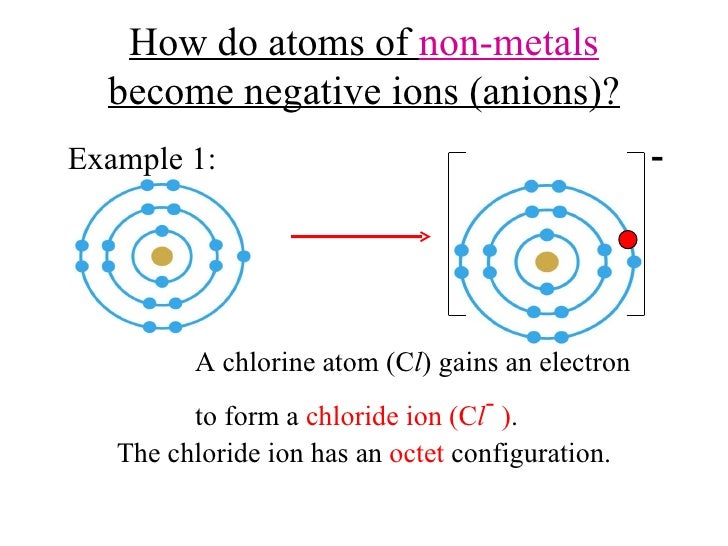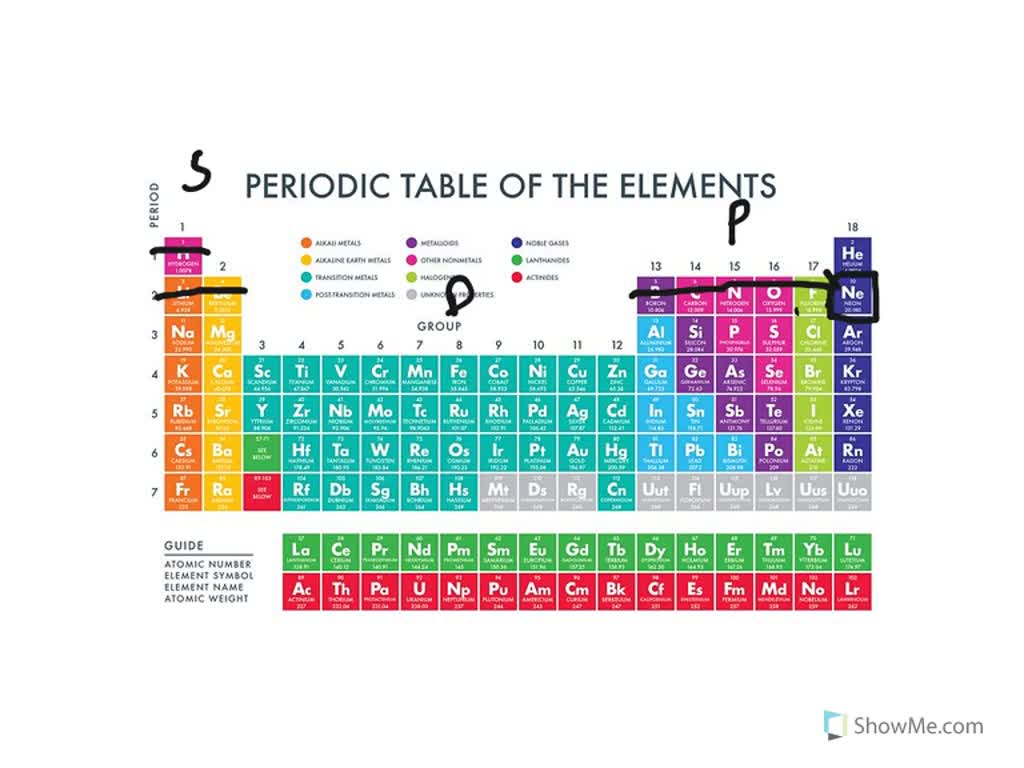How Do Nonmetals Form Negative Ions
How Do Nonmetals Form Negative Ions - Thus, the electron affinity will be. Web when these atoms gain electrons, they acquire a negative charge because they now possess more electrons than protons. Ions can be either monatomic (containing only. Web when these atoms gain electrons, they acquire a negative charge because they now possess more electrons than protons. See answer (1) best answer. Web this is actually one of the chemical properties of metals and nonmetals: How do nonmetals form ions? By losing one or more. Negatively charged ions are called. Web when nonmetals gain electrons, the energy change is usually negative because they give off energy to form an anion (exothermic process);
By losing one or more. Positively charged ions are called cations, and negatively charge ions are called anions. The ions formed are negative, because they have more electrons than protons the ions have the. See answer (1) best answer. Web when these atoms gain electrons, they acquire a negative charge because they now possess more electrons than protons. Web glossary learning objectives define ionic compounds predict the type of compound formed from elements based on their location within the periodic table. How do nonmetals form ions? By losing one or more electrons. By bonding with other negative ions. Web ions form when atoms lose or gain electrons.
Negatively charged ions are called. By bonding with other negative ions. Web they gain electrons to become negative or an ion. Web ions form when atoms lose or gain electrons. The ions formed are negative, because they have more electrons than protons the ions have the. How do nonmetals form negative ions? By losing one or more electrons. These are electronegative elements with high ionization. Web glossary learning objectives define ionic compounds predict the type of compound formed from elements based on their location within the periodic table. Web thus, nonmetals tend to form negative ions.
Formation of Negative Ions SPM Chemistry
Web when these atoms gain electrons, they acquire a negative charge because they now possess more electrons than protons. By losing one or more electrons. Negatively charged ions are called. Fx−, clx−, ix−, sx2− f x −, c l x −, i x −, s x 2 − multi. Web ions form when atoms lose or gain electrons.
Electron Affinity of The Elements
Web when these atoms gain electrons, they acquire a negative charge because they now possess more electrons than protons. Web this is actually one of the chemical properties of metals and nonmetals: Web when these atoms gain electrons, they acquire a negative charge because they now possess more electrons than protons. Web glossary learning objectives define ionic compounds predict the.
The Parts of the Periodic Table
How do nonmetals form ions? Web this is actually one of the chemical properties of metals and nonmetals: How do nonmetals form negative ions? To obtain a full outer shell: Thus, the electron affinity will be.
PPT Chapter 9 The Basics of Chemical Bonding PowerPoint Presentation
How do nonmetals form negative ions? Web when nonmetals gain electrons, the energy change is usually negative because they give off energy to form an anion (exothermic process); Thus, the electron affinity will be. How do nonmetals form ions? Negatively charged ions are called.
Hydrogen Valence Electrons In Hydrogen
See answer (1) best answer. Negatively charged ions are called. How do nonmetals form ions? Web this is actually one of the chemical properties of metals and nonmetals: Ions can be either monatomic (containing only.
Ions Predict Charge Stone Cold Chemistry Talk Ions Predict Charge
Thus, the electron affinity will be. By losing one or more. Positively charged ions are called cations, and negatively charge ions are called anions. These are electronegative elements with high ionization. By losing one or more electrons.
Nonmetals and anion formation YouTube
Ions can be either monatomic (containing only. By bonding with other negative ions. To obtain a full outer shell: How do nonmetals form ions? Web ions form when atoms lose or gain electrons.
Chem matters ch6_ionic_bond
How do nonmetals form negative ions? Metals tend to form cations, while nonmetals tend to form anions. Web glossary learning objectives define ionic compounds predict the type of compound formed from elements based on their location within the periodic table. Web when nonmetals gain electrons, the energy change is usually negative because they give off energy to form an anion.
table of elements chart
Thus, the electron affinity will be. Web thus, nonmetals tend to form negative ions. To obtain a full outer shell: Second, most atoms form ions of a single. Ions can be either monatomic (containing only.
SOLVEDNonmetals form negative ions by (losing/gaining) enough
Fx−, clx−, ix−, sx2− f x −, c l x −, i x −, s x 2 − multi. Web glossary learning objectives define ionic compounds predict the type of compound formed from elements based on their location within the periodic table. The ions formed are negative, because they have more electrons than protons the ions have the. By losing.
Negatively Charged Ions Are Called.
Web when these atoms gain electrons, they acquire a negative charge because they now possess more electrons than protons. Fx−, clx−, ix−, sx2− f x −, c l x −, i x −, s x 2 − multi. By losing one or more. Ions can be either monatomic (containing only.
See Answer (1) Best Answer.
Web this is actually one of the chemical properties of metals and nonmetals: These are electronegative elements with high ionization. Second, most atoms form ions of a single. Web they gain electrons to become negative or an ion.
By Losing One Or More Electrons.
The ions formed are negative, because they have more electrons than protons the ions have the. Negatively charged ions are called. Thus, the electron affinity will be. Web ions form when atoms lose or gain electrons.
Web Glossary Learning Objectives Define Ionic Compounds Predict The Type Of Compound Formed From Elements Based On Their Location Within The Periodic Table.
Web when nonmetals gain electrons, the energy change is usually negative because they give off energy to form an anion (exothermic process); Web when these atoms gain electrons, they acquire a negative charge because they now possess more electrons than protons. Metals tend to form cations, while nonmetals tend to form anions. Positively charged ions are called cations, and negatively charge ions are called anions.








